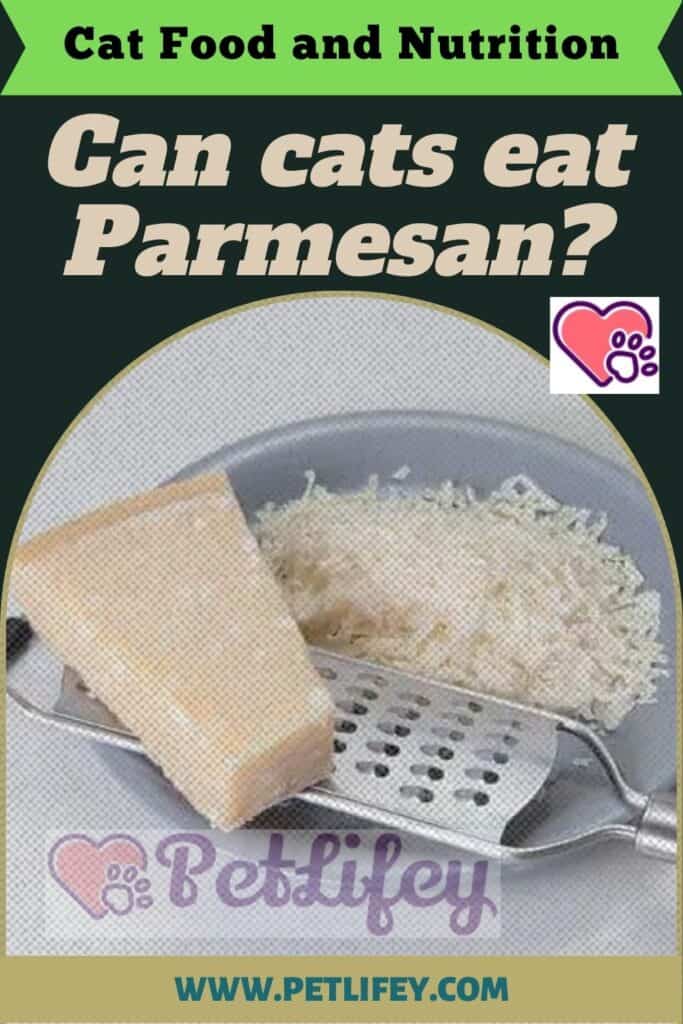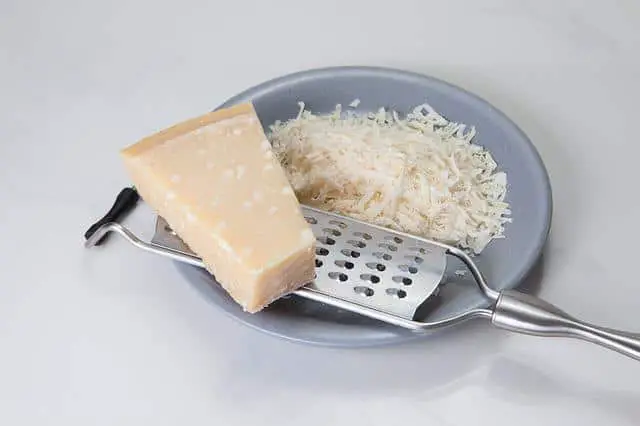
Can cats eat Parmesan? It is a very consumed food at the table, but can it also be offered to your cat? Let’s find out here if there are any benefits or risks.
The feeding of the domestic feline is a priority that must be thought of with great responsibility, in order not to make mistakes and to ensure its well-being and daily energy. Like the dog, he too is attracted every day by many scents in the kitchen, such as cheese. Let’s see, for example, if the cat can eat Parmesan cheese or if it is a food that is harmful to him.
Can cats eat Parmesan?
It is one of the most common foods on the table of its owner and it may happen to wonder if it can also be offered to your cat. But will Parmesan be good for his palate or can there be risks to his health? Let’s go deeper below.
We know well, the cat in the house is very demanding, especially when it comes to food.
With his refined palate, the furry man is never satisfied and expects his meal to be perfect, in the presentation and in the scent that must intoxicate him.
The feline can be attracted to some foods more than others, such as cheese, which is also impossible for us to resist.
Very satiating food, rich in essential proteins, fats and minerals, it is often consumed by people.
Being the carnivorous cat, he still needs to assimilate proteins, but can Parmesan be suitable for him?
The consequences of parmesan in the cat
Parmesan, like any cheese, is difficult for this animal to digest and, in excessive quantities, can cause a lot of damage such as abdominal cramps, vomiting and cat diarrhea.
It is not a recommended food for the feline, but if he asks for it often and you want to make him happy, you can try offering him a piece of it as a treat or snack, every now and then.
It must be said that every furry person is different and has personal dietary needs. To clarify any doubts about this and other foods, it is advisable to ask your trusted veterinarian for advice.
The feline and its digestive system: what changes

From the moment of birth to development and reaching adulthood, the cat undergoes some changes, especially in regards to its nutritional needs.
A cat has a very delicate digestive system, like other pets, and it is important to pay attention and take care of its daily nutrition in detail, providing it with the right foods.
Suffice it to say that, when the cat is still a puppy, it can only take its mother’s milk, as the only source of all its nutritional needs to survive and grow.
This tells us that the hairy one initially produces the enzyme called lactase, which controls its digestion.
Can cats eat parmesan: adulthood
This will all change once weaning is complete and your body will start producing much less of this enzyme.
With adulthood, the feline begins to taste new foods and to be guided by its informed owner.
Once he becomes able to digest solid foods, he will no longer be able to digest milk as before.
It is understood that the pet develops a lactose intolerance and it would be better not to risk with the administration of cheese or to offer it in tiny pieces on special occasions, but nothing more.






